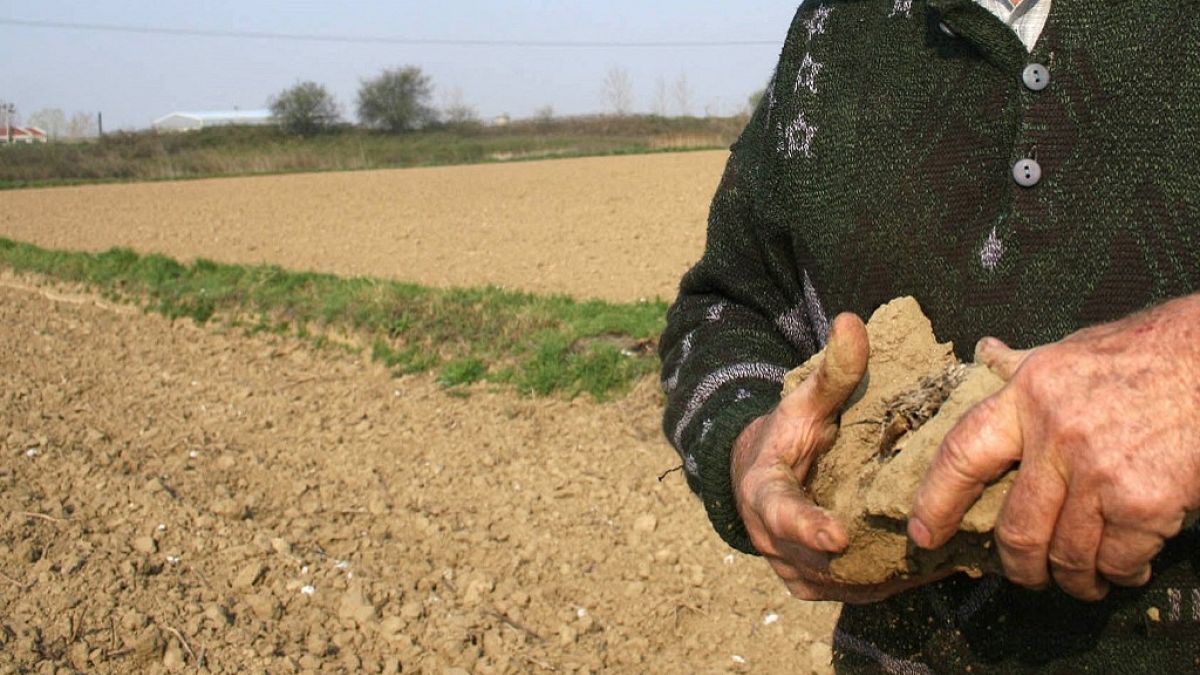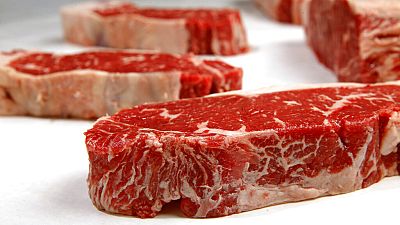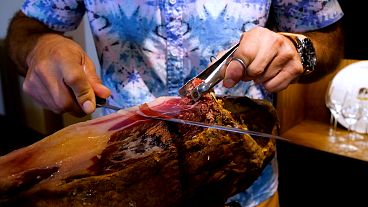On Saturday, Greece faced its hottest July weekend in 50 years.
Each year around 1.3 million people flock to the Greek island of Kos for its sandy beaches and quintessential blue-and-white buildings. But local authorities fear the isle's glittering reputation with tourists is about to turn.
Greece's prolonged heatwaves may prompt visitors to stay away in the future in July and August. The country recently faced its hottest weekend in 50 years, with temperatures soaring above 50C.
Even worse, local farmers and producers are already suffering the effects of the higher temperatures.
Located at the edge of the Dodecanese Islands, Kos has also been hit with severe droughts and low rainfall in recent months.
The increasingly mild wintersmean the olive trees don't have as many cooler days, which they need to grow properly.
"Climate change has very significantly affected the production of olive oil, not only on our island but also throughout Greece," says olive harvester Ioannis Papadimitriou.
"In the coming year, we expect production to drop to around 30 per cent, at best 40 per cent of last year's production and this is mainly due to climate change," Papadimitriou adds.
Beekeepers are feeling the effects of Greece's heatwaves
The island's beekeepers don't have it any better.
The mild winters 'fool' the bees into thinking it's spring. So they don't rest and many flowers bloom too early which means most of them are dormant by June.
"We've had some crazy weather this year and we're seeing the effects. They appear now that production has begun. We had a lot of rain at the wrong time and now a lot of heat," says honey producer Anthouli Dionysia.
It's a worrying time for her. "I see that the crop is not as expected. Initially in quantity, in a little while we will also check the quality," she says.
Warm weather is also impacting wine
The wine industry is trying to make a name for itself beyond the island, but the heat increases are changing the chemical composition of the grapes, which changes the taste of the wine - and not for the better.
Luckily there are some ways to minimise the damage but it will take more investment to pay for the greater expertise.
"Climate change really 'touches' the wine and not only in Kos but everywhere," says winemaker Mary Triantafyllopoulou. "Yet, modern cultivation techniques and scientific knowledge limit the damage. We need the help of experts and great care in the vineyard."



